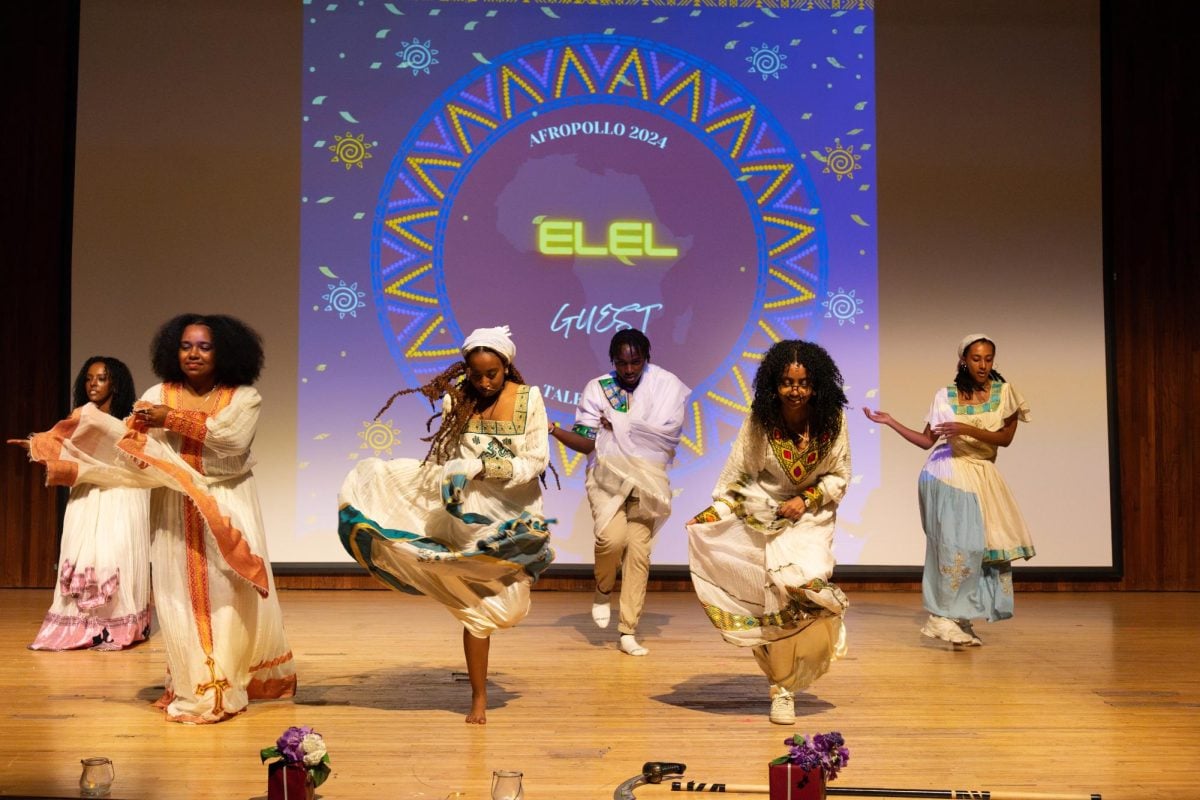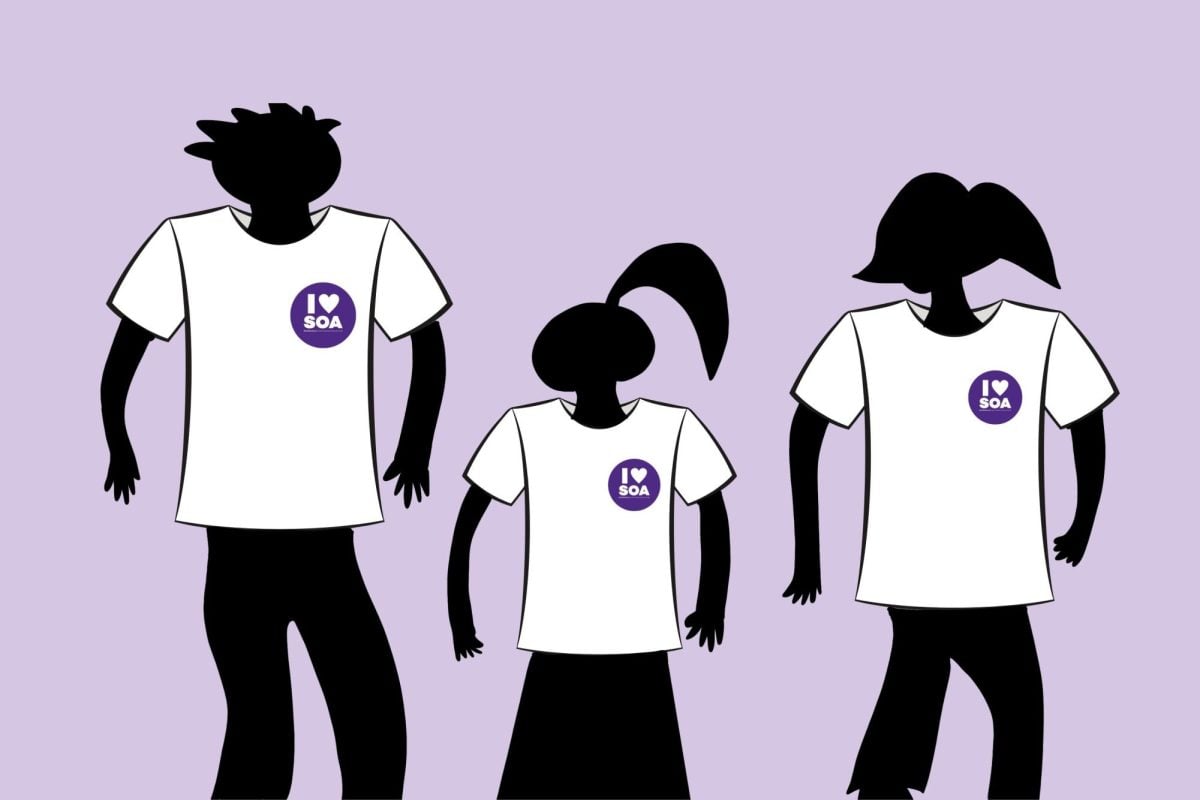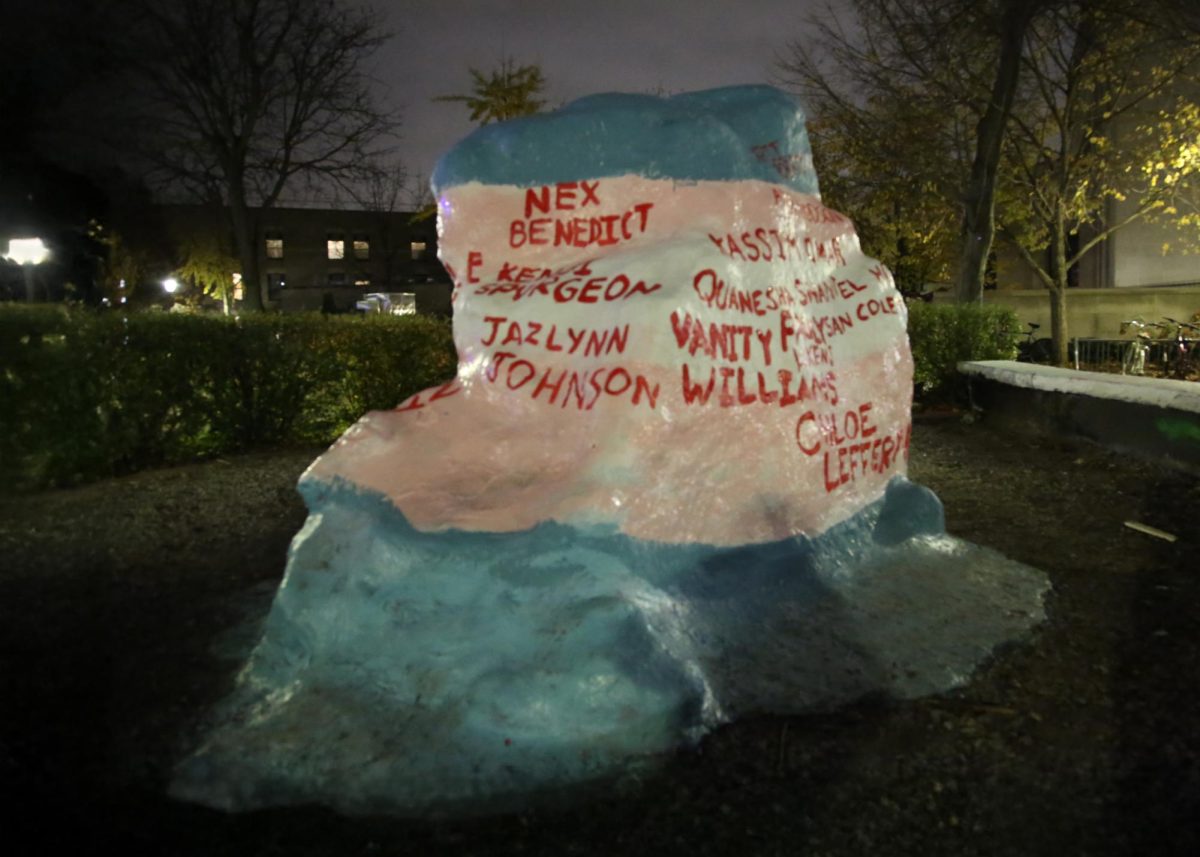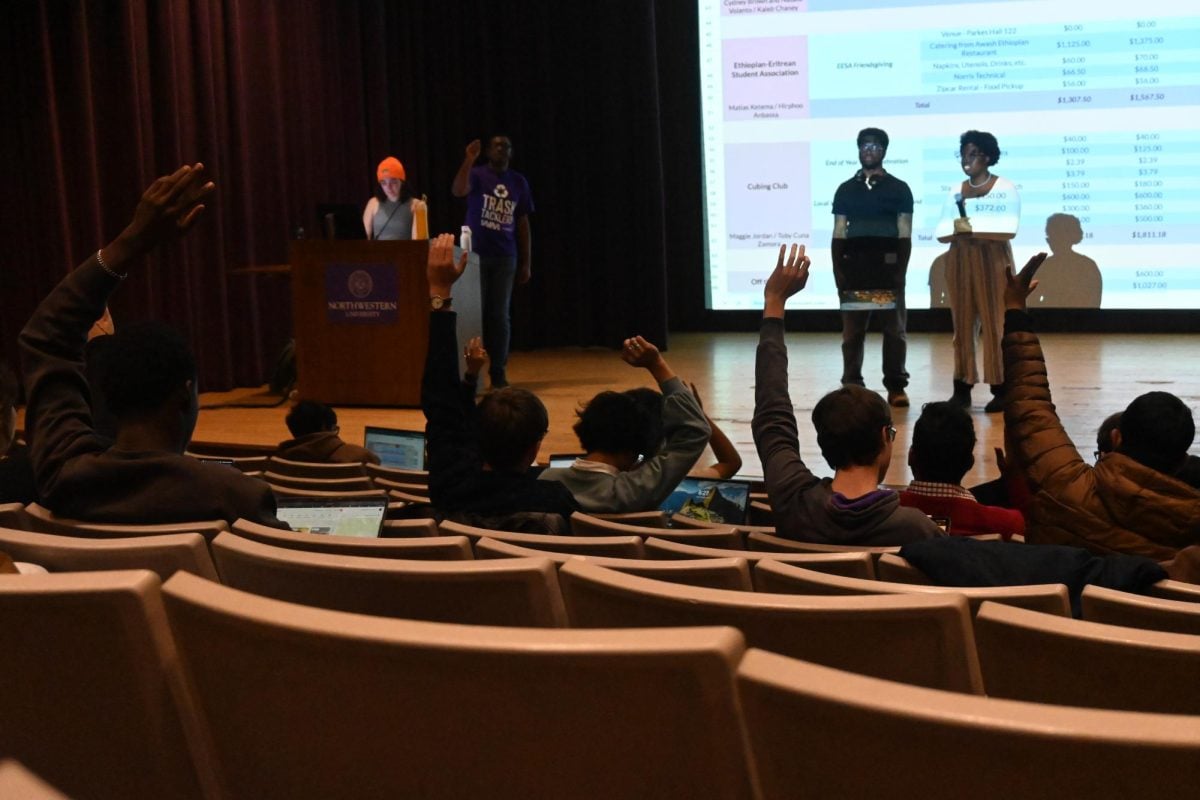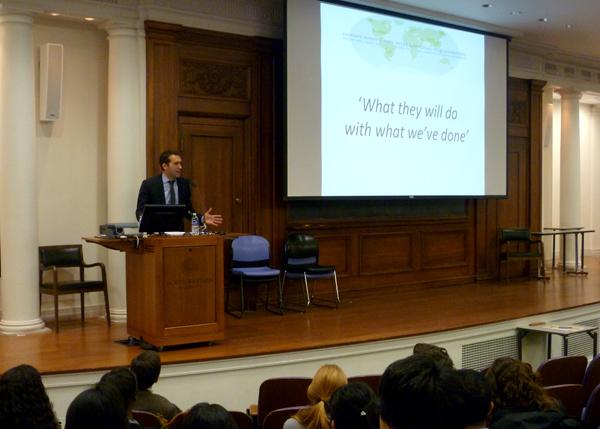
The 10th annual Northwestern University Conference on Human Rights kicked off Thursday night with remarks from keynote speaker Arthur Boutellis, senior policy analyst at the International Peace Institute.
Thursday’s event was part of a three-day conference lasting through Sunday. Boutellis’ speech brought together 40 delegates from NU and various universities across the nation, as well as several panelists. The overarching topic this year is “Human Rights and International Peacekeeping: from Military Intervention to Local Anti-violence Efforts.”
Boutellis told the audience of about 100 gathered at Harris Hall that peacekeeping is “in danger of losing its relevance.”
“Maybe too much is expected from peacekeeping missions,” he said. “You’re supposed to do everything. You’re expected to build the state, transform a dysfunctional state towards an electoral government that is legitimate — all very difficult tasks.”
Boutellis said there are several additional problem areas in international peacekeeping that prove complicated, such as getting consent from countries and dealing with a complex system of reimbursement to countries contributing to peacekeeping missions.
Civilian protection is also a major concern, Boutellis said. Moreover, failures and scandals tend to get more attention than successes do. Showing results can be difficult while engaging in peacekeeping negotiations, he added.
For the hands-on learning portion of the conference, NUCHR partnered up with Cure Violence, formerly known as CeaseFire, a Chicago-based organization that intervenes and prevents violence in areas prone to crime. The delegates will go to seven Cure Violence sites in various Chicago neighborhoods to learn more about the nonprofit’s work.
NUCHR co-director Ayanna Legros said she thinks the organization is effective because its staff has firsthand experience with Chicago’s crime and violence.
“Their grassroots approach is something that I think a lot of nonprofits should try and model after,” the Weinberg senior said. “Someone who’s lived in the community, has gone through that, has been a part of a gang, or maybe not, or kind of has had a troubled story, can communicate these issues across and make a stronger impact.”
In previous years, NUCHR focused more heavily on the international aspect of human rights issues. Legros and other co-director Noeli Serna, a Weinberg senior, said they wanted to relate this year’s subject closer to home.
“This topic has been prevalent on Northwestern’s campus this year, which I think is great because as Northwestern students, sometimes we find ourselves outside of that conversation about Chicago,” Legros said.
Elizabeth Ballinger-Dix, one of the delegates from Amherst College, said she applied to the conference because she was excited to learn more about Chicago, a city frequently cited as one of the most segregated in the country. However, she said she sometimes questioned the effectiveness of organized peacekeeping, such as conferences.
“I’m in a cynical phase in my life,” she said. “I’m not sure how I feel about organized efforts because I’m wondering, ‘What’s the use? Are we actually learning anything?’”
NUCHR publicity chair Corinne Chin said it was these kinds of different perspectives that made the conferences so successful each year.
“Having good delegates makes a good conference,” the Medill senior said. “You have good breakout sessions, good discussion sessions, which changes the atmosphere of the conference.”
In continuation of its efforts to foster discussions regarding Chicago, NUCHR teamed up with One Book One Northwestern for a Jan. 29 screening of award-winning film “The Interrupters” by Medill Prof. Alex Kotlowitz and Steve James. The documentary features Cure Violence.












